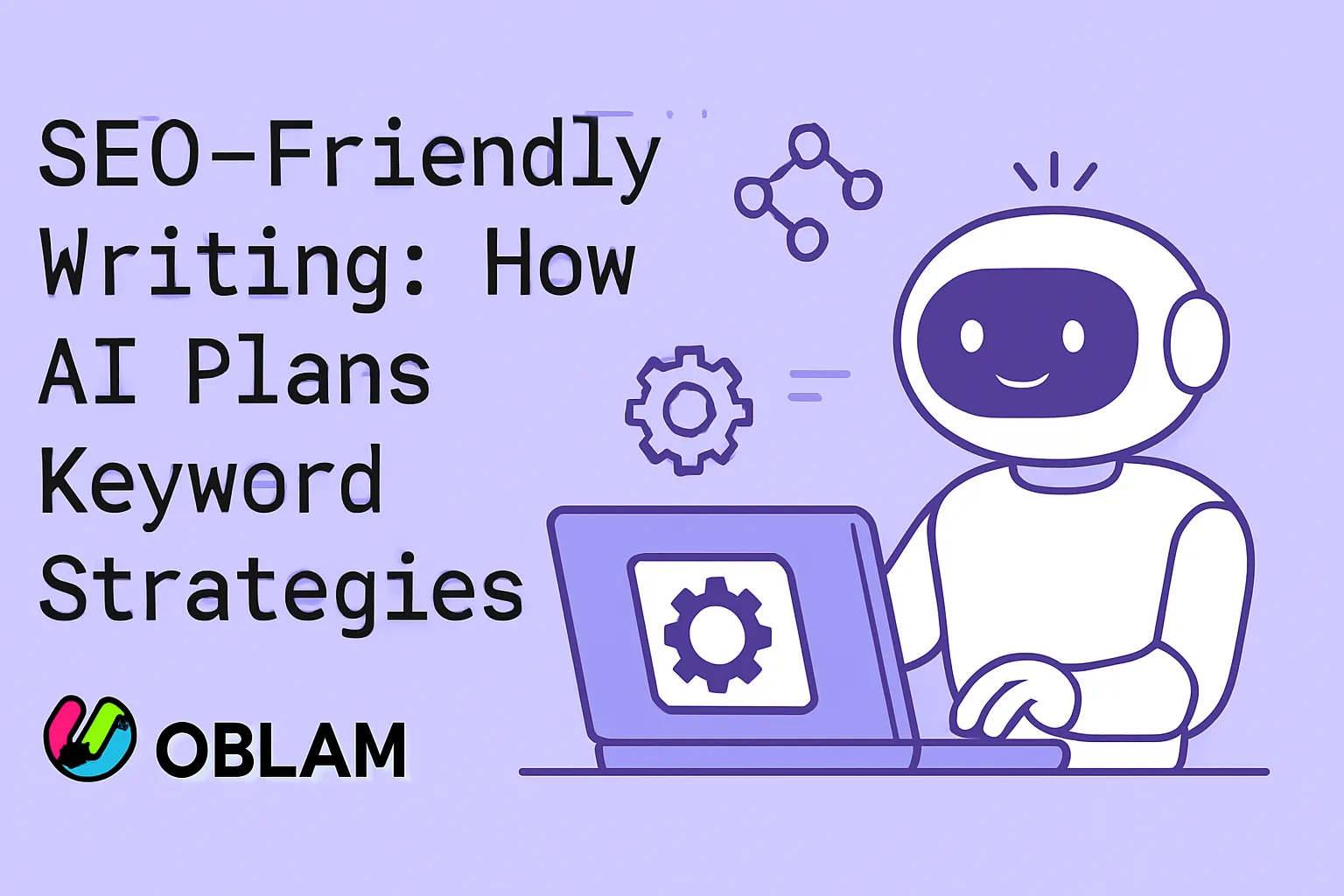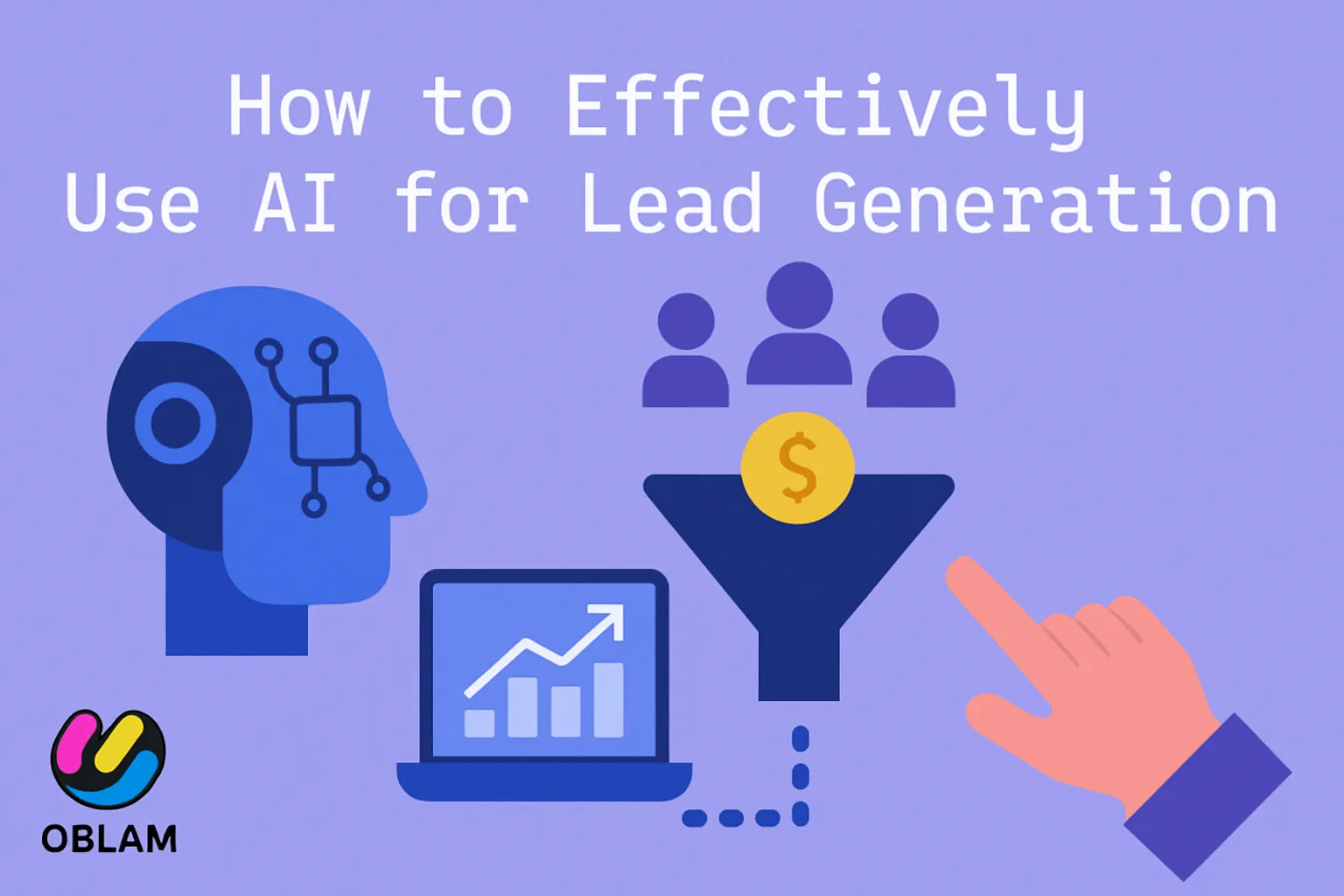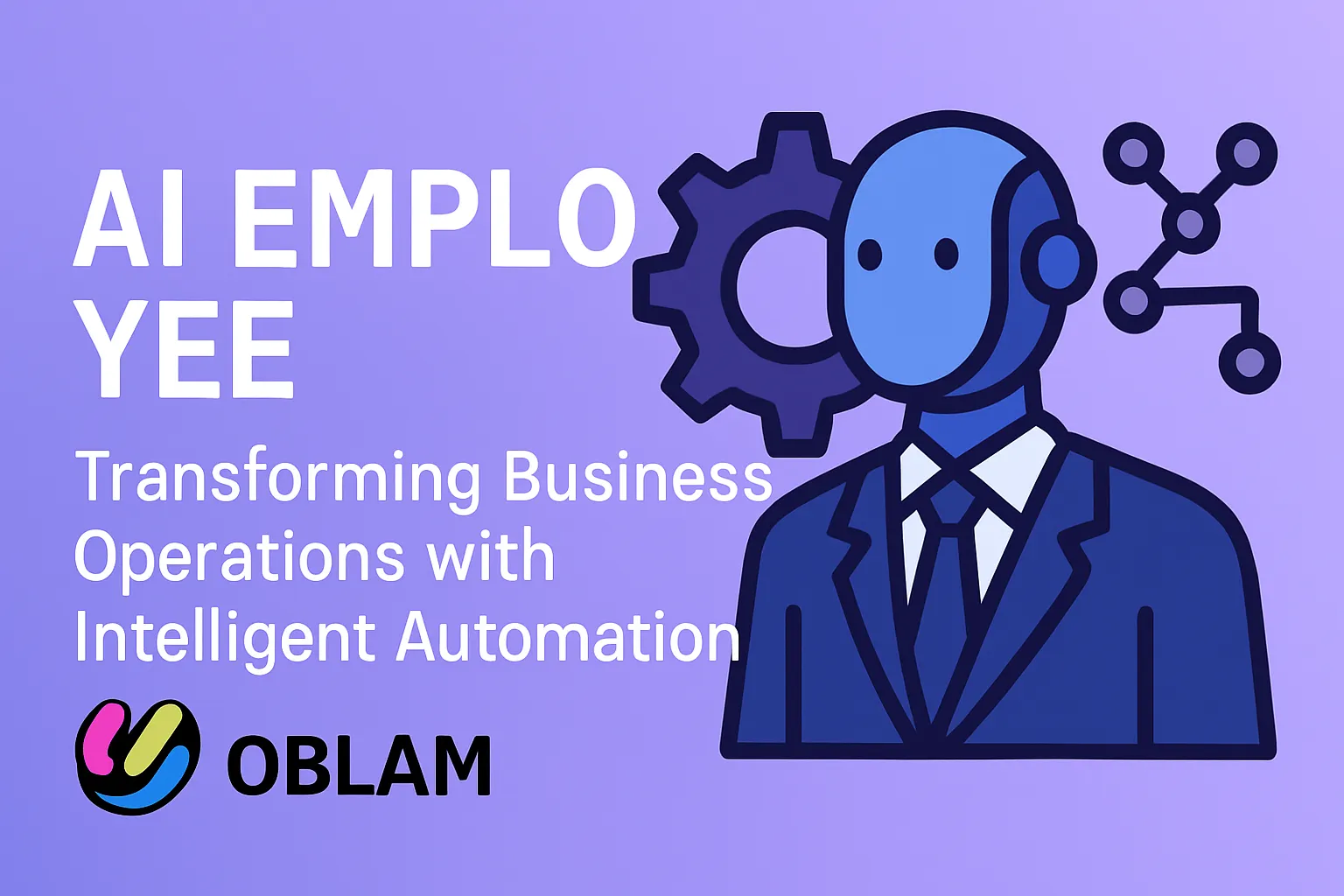- Key Takeaways
- Why Small Business SEO Matters
- Core SEO Strategies for Growth
- Leveraging AI in Your SEO
- Budgeting for SEO Impact
- The Mindset for SEO Success
- Future-Proof Your SEO
- Conclusion
- Frequently Asked Questions
- What is small business SEO?
- Why is SEO important for small businesses?
- What are effective SEO strategies for small businesses?
- How can artificial intelligence (AI) help with SEO?
- How much should a small business spend on SEO?
- What mindset helps small businesses succeed with SEO?
- How can small businesses prepare for future SEO changes?
Key Takeaways
- Small business SEO is crucial for improving online visibility, attracting potential customers, and competing effectively in digital markets regardless of location or industry.
- Core strategies like on-page SEO, off-page authority building, technical health, and local presence all form the foundation of SEO growth.
- Use AI tools to optimize your small business SEO.
- Setting a reasonable SEO budget and measuring the value delivered keeps resources on target for sustained impact.
- You need to embrace a patient and flexible mentality, because SEO results take time to build and involve constant adaptation to evolving search algorithms.
- By consistently adjusting strategies as best practices shift and new technologies emerge, you’ll future-proof your SEO efforts and keep your growth sustainable.
Small business SEO is all about search engine tools and techniques to help small businesses rank better in search engines. Effective SEO gets more folks to discover neighborhood stores, web shops, and service professionals.
Things like keyword research, site updates and local listings all have important parts. For the little guy, a clever SEO tactic can attract more business without large ad expenditures.
Up next, find out how to get your own SEO strategy started and stay strong.
Why Small Business SEO Matters

Small business SEO is vital for getting noticed online. More than half of small businesses lack an SEO strategy. An additional 22% don’t intend to start one anytime soon. This gap causes lots of missed new leads and missed growth.
Organic clicks, not ads, are where over half of online searches—53.3% to be exact—end. With nearly 7 billion searches made daily, there are ample opportunities for small business sites to get noticed by appearing on page one. Just 0.63% of people click on second-page results, meaning if it’s not on page 1, potential customers won’t see it.
SEO isn’t a magic bullet, but it is a cornerstone of a successful digital marketing strategy. It’s time-consuming yet enduring; once a site ranks, it can continue attracting new visitors for years with less effort. This long-term benefit makes SEO a savvy investment for small businesses with tight marketing budgets.
Great SEO requires strong fundamentals, including relevant keywords and technical SEO practices. Optimizing page speed and maintaining usability are crucial. A slow-loading site can drive visitors away and hurt its ranking. Google favors fast, mobile-friendly sites and ranks those higher.
Half of all searches are now mobile, so sites that work well on phones and tablets have an advantage. For instance, a mobile-friendly menu page at a restaurant is simple to access anywhere, which means more orders.
Similarly, a local clothier with a fast-loading site and clear product terms can thrive in competitive markets. Effective SEO maintains a business site in front of users, builds trust, and helps customers find and purchase what they need.
Core SEO Strategies for Growth

For small business owners, sustainable organic growth begins with an effective marketing strategy that leverages SEO tools. SEO is about more than securing search rankings; it’s about creating a genuine presence that builds brand awareness and meets global user demand.
1. On-Page Optimization
Begin with keywords–determine which words and phrases your audience is using. Dig into competitor research to identify keyword voids. Then, ensure each page aligns with the search intent for those keywords.
Apply strong titles, brief sentences and simple language to assist users and search engines comprehend your text. Include images, charts or screenshots to divide chunks of text and help the page skim easier.
To be remarkable, post stuff that’s “10x better” than anything else around. Look at what’s ranking and then make something more comprehensive, better organized, and more useful.
2. Off-Page Authority
Being worth noticing is creating content that’s worth linking to. The Skyscraper Technique works well: find top-performing content in your field, create something better, then reach out to those who linked to the original.
Distribute it on forums, groups, or email. Guest posts and partnerships help your site look trustworthy to search engines. Every new link is like a “vote” for your site, demonstrating you’re a credible source.
Monitor your competition. See where they receive links, who shares their content and what topics generate the most buzz. Utilize this information to schedule your own outreach.
3. Technical Health
An easily crawlable and indexable site is a must. Repair broken links, accelerate pages, and ensure that your site is mobile-friendly. Simple sitemaps and clear URLs are essential.
Scan for duplicate content and repair it. These encourage engines to discover and index your pages more quickly and rank them higher. Savvy technical optimization safeguards your momentum.
Even awesome content won’t rate well if your site is sluggish or difficult to crawl.
4. Local Presence
Claim your business on Google Business Profile and maintain information. Request pleased customers to write reviews. Submit your business to local directories.
Be certain that your name, address and phone number are consistent everywhere online. Update local content often.
Leveraging AI in Your SEO

AI is transforming small business SEO strategies. Search engines now customize results based on user behavior, location, and preferences, which is crucial for effective marketing strategy. AI tracks these changes, personalizing search results, meaning two individuals googling the same query might see different outcomes. This personalization is a key element of local SEO.
Keyword Planning
AI tools crawl millions of searches quickly. They detect patterns and reveal what users near you search for. Now people make longer, more intricate searches—these are known as long-tail keywords. Voice search is accelerating its pace even more.
Our voice-assistant queries sound more like natural speech, so they tend to get longer and more colloquial. For instance, where you might search ‘coffee shop berlin,’ a voice search might be ‘Where’s the best coffee shop near me open now?’
AI can also reveal to you which keyword triggers zero-click searches. These are responses people get right on the results page, so you might not receive a click. Planning for these entails drafting concise responses capable of getting picked up by search engines for placements such as featured snippets or ‘People Also Ask’ boxes.
Content Creation
AI assists you in constructing content that aligns with your audience’s desires, making it an invaluable tool for effective marketing strategy. It can identify what’s missing from your site and recommend topics based on trends, such as eco-friendly products, which are popular in your area. AI tools can flag these trends and assist you in drafting a page about them, enhancing your local SEO strategies.
Additionally, use AI to analyze whether your writing is reader-friendly and compact, which is essential for good SEO. Some AI writing tools even help you craft FAQs or compact guides that can appear in knowledge panels, improving your website performance. AI content tools can also check for common local questions, aiding you in creating a list of post or service page topics.
However, relying solely on AI for your content or SEO can be dangerous. Search engines evolve rapidly, and to depend on one approach is foolhardy. A balanced approach incorporating various SEO services is crucial for optimal results.
Budgeting for SEO Impact

Smart budgeting for SEO services is about understanding where your money goes and why that matters. A full SEO audit, part of an effective marketing strategy, is the first step, revealing traffic gaps, keyword wins, and their value.
Realistic Costs
Typically, small businesses will pay $500 to $1,500 per month on SEO. That includes a combination of strategy, content, site repairs and link outreach. To most, investing $500 in SEO can go a long way.
Indeed, companies spending above that threshold are more than 50% more likely to report being “extremely satisfied” with their SEO results. Roughly 20-30% of your budget typically goes to technical SEO. That is, site speed, error repairs, and making sure search engines can crawl your site.
Skimping here risks bigger problems down the road. The remainder should be dedicated to strategizing, producing valuable content, measuring, and link building. Touching all four — planning, production, performance, and promotion — maintains your SEO healthy and well-rounded.
Measuring Value
Record every penny you invest in SEO, from audits to refreshes. Recording your investments makes it simple to see where your money’s going. This action is crucial for tracking progress and maintaining your budget.
Results aren’t always quick. SMBs that stay on top of SEO have more consistent growth than those who just pay for ads. Routine checks help you catch what’s working.
Account for new trends, updates or changes in search. This continual review ensures you maximize your budget and keeps your SEO work fresh.
The Mindset for SEO Success
Small business SEO requires a mindset forged through consistent action, defined objectives, and a strong customer relationships strategy to pivot. SEO is not a quick fix but a series of steps that build upon each other. The real payoff arrives over time, and the optimal outcome is contingent on continued effort, effective SEO campaign strategizing, and an emphasis on what potential customers require.
Patience
SEO is slow, minimum about six months before results. It’s common for updates and new content to linger for weeks before rankings change. Establishing a pragmatic output objective, informed by your team’s capabilities and size, aids in maintaining stress at a minimum and avoiding burnout.
Beating content out the door is the fastest way to skip steps and get lukewarm results. Well-crafted, high-quality pages, built with care, serve users and search engines better than an avalanche of thin posts ever could.
Prepare for slow growth. The seeds you sow with robust, helpful content and technical fixes might not come to fruition for months. Frequent site audits identify what’s working and what requires tuning. Go back to stale articles, update facts, and plug content holes to keep your site fresh.
Adaptability
SEO is forever moving. Search algorithms shift, searchers’ habits shift, tools shift. What worked last year might lose power quick. Adaptive squads remain poised to experiment with new concepts and update existing ones.
Key: searcher intent, not keywords. So, for instance, a ‘best running shoes‘ blog post needs to fit what people are looking for—comprehensive reviews, specs in metric and unvarnished pros and cons.
Content audits allow you to identify new trends and optimize for greater engagement. On-page SEO and technical fundamentals, such as speedy load times, mobile optimization, and intuitive site architecture, remain important. Correcting these is beneficial for users and search engines both.
Future-Proof Your SEO
SEO for small business owners is evolving rapidly, influenced by AI, innovative search capabilities, and user reading behaviors. Site owners must think about people and machines. People desire direct responses, yet search engines and LLMs require formatting to understand and display content effectively. This is where effective marketing strategies come into play.
Modular site design, such as utilizing collapsible FAQs or jump links, can assist with both. It accelerates human navigation and provides defined passages for AI parsing and retrieval, enhancing overall SEO performance.
Content is king. Today, LLMs are ubiquitous in search. This equates to creating content that educates, not simply pushes. It must educate, speak plainly, and respond to genuine inquiries, aligning with the principles of good SEO practices.
QUALITY TRUMPS KEYWORDS. For instance, a step-by-step how-to guide or a list of tips for common issues performs far better than a keyword-stuffed blurb. Machine learning and sophisticated algorithms can scan millions of pages in seconds. They seek rich, helpful content and obvious organization, not just regurgitated phrases.
A granular content audit is crucial. Audit your old pages to find out what assists users and what should be reworked. Identify outdated guides, missing subjects, or fragile pages. Leverage this audit to strategize new content and optimize old posts, which is essential for a successful small business SEO campaign.
Before you create new pages, audit what you have. Other old content might just require a little update to keep it relevant to AI summaries and search results.
Schema markup is key. Adding schema helps search engines and LLMs understand what your page is about. For instance, FAQ schema or product info help AI pull from your site in snippet-like summaries, further enhancing your SEO services.
Search is shifting from lists of links to AI-powered answers. To remain prominent, content has to be prepared for both modes, ensuring it meets the evolving SEO needs of local businesses.
Conclusion
SEO delivers actual results for the little guy looking to grow. Clear plan, strong basics, and smart use of tools lay a good start. AI now provides new opportunities to identify patterns and adjust actions quickly. Small shops fare well to allocate a reasonable budget and watch for innovative methods to connect with people. Being receptive to change keeps shops maintain their position on-line. Skill-building, tracking what clicks, and step-tweaking shops enjoy steady victories. To extract more from your efforts, join discussions with others, consult trusted guides, and experiment. Stick with it. Small steps today can help you grow steadily and find a strong niche in your marketplace.
Frequently Asked Questions
What is small business SEO?
Small business seo is the simple act of making your website more visible in search engines. It aids in bringing in local and international visitors, increasing your visibility and business success.
Why is SEO important for small businesses?
SEO services help your website get found in search results, generating additional organic traffic and cultivating trust, enabling small business owners to compete against larger businesses online.
What are effective SEO strategies for small businesses?
Concentrate on local SEO strategies, excellent writing, mobile design, and local backlinks. These steps enhance your SEO performance and connect you with your target customers.
How can artificial intelligence (AI) help with SEO?
AI tools can analyze your data, suggest keywords, and automate content optimization, enhancing your SEO performance and supporting effective marketing strategies, even on a small budget.
How much should a small business spend on SEO?
Budgets differ, but start with affordable SEO services and expand if you observe outcomes. Many effective SEO tasks, like content marketing updates and local SEO strategies, are very low cost or free.
What mindset helps small businesses succeed with SEO?
Go long with your SEO strategy. Be patient, consistent, and eager to learn; effective SEO campaigns yield sustainable growth over time.
How can small businesses prepare for future SEO changes?
Keep current on search engine optimization news and periodically revisit your SEO strategies to enhance website performance.



